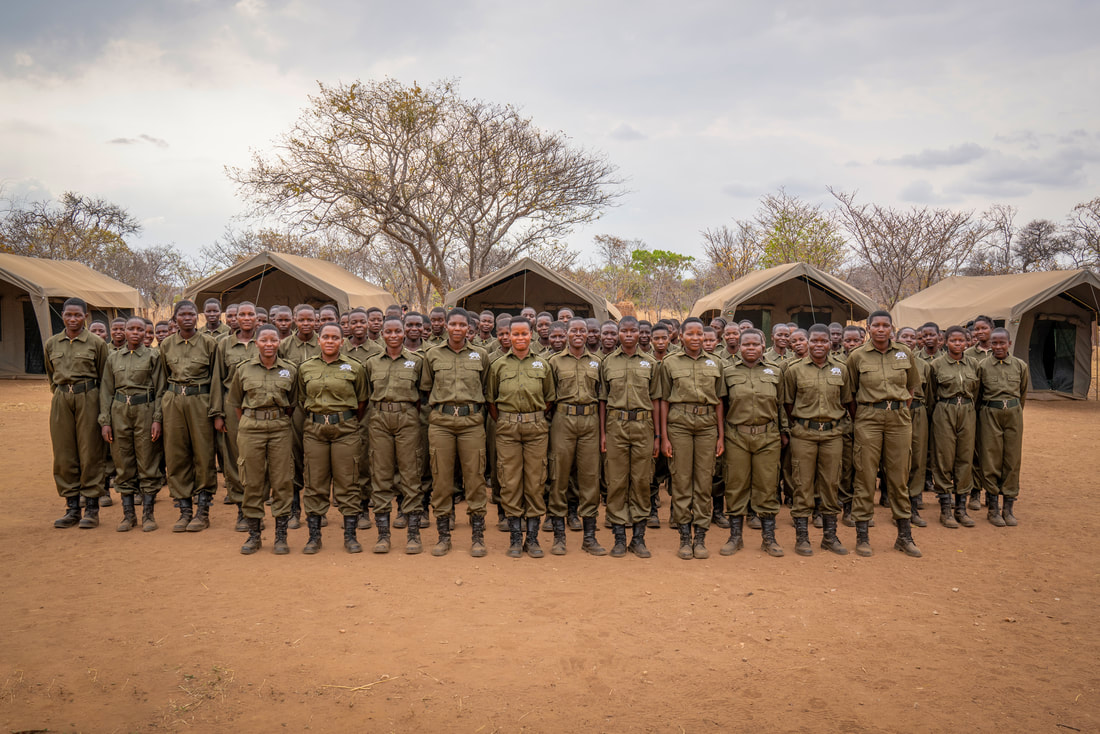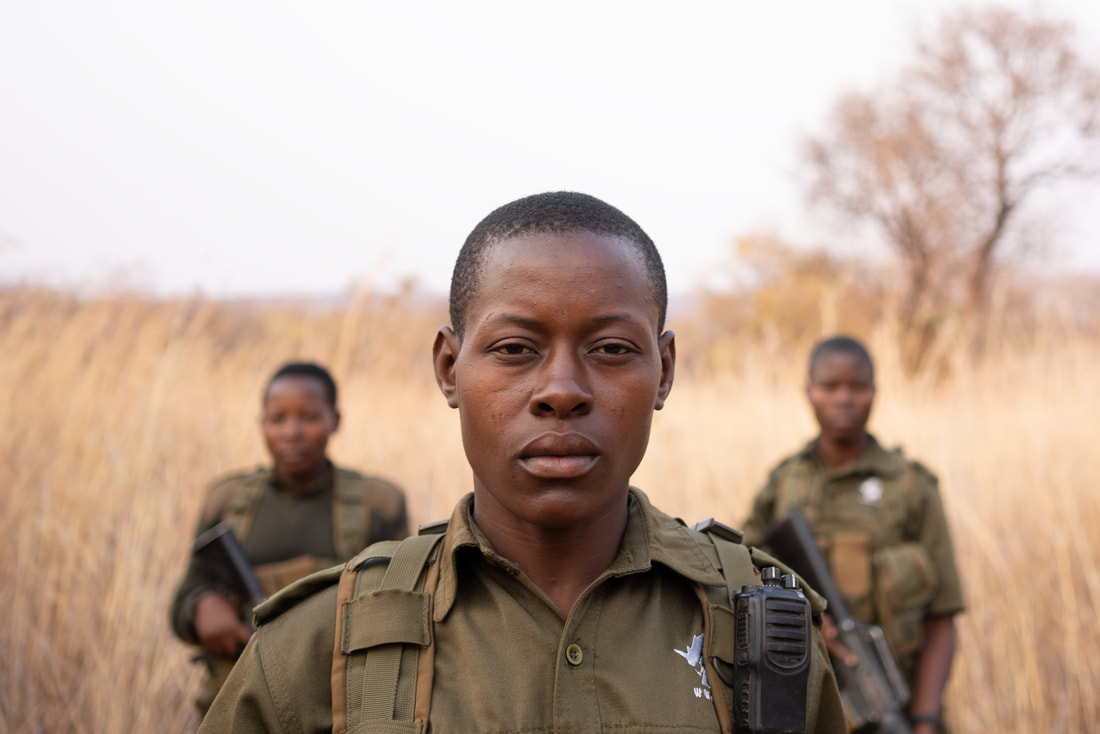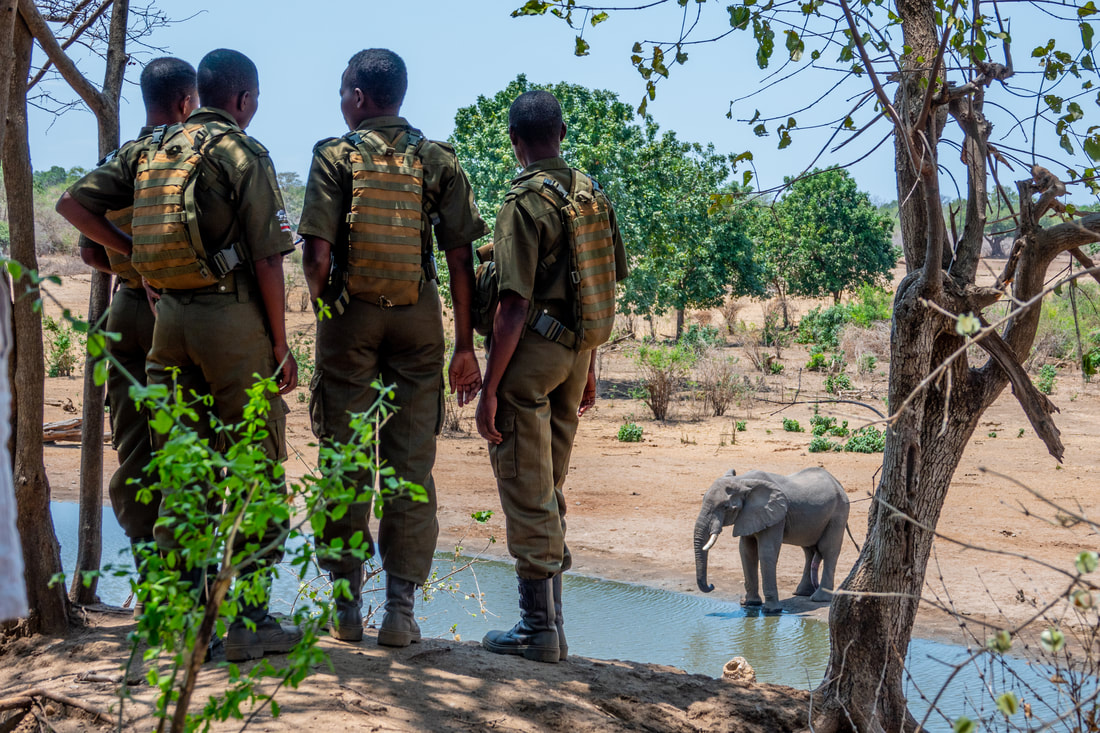|
We reached out to our Jackson Wild Media Awards filmmakers to ask them five questions about the experience of making their films.
Akashinga Finalist Trailer from Jackson Wild on Vimeo. What inspired this story? Director Maria Wilhelm: "Akashinga: The Brave Ones" is a philanthropic commitment, as much as a short film, and the result of more than 12 years traveling back and forth to Africa as a trustee of the African Wildlife Foundation. The film was inspired by the women who inspired me—their grit and guts, their against-all-odds determination to transform themselves, their communities and the practice of conservation. They have lessons to teach us all about sacrifice and about the power of sisterhood, about what happens when a community comes together to protect and preserve its treasures, its wildlife, and its wildlands. In particularly divisive times globally, the Akashinga rangers show us there’s another, better, way. And they are brave, indeed. Describe some of the challenges faced while making this film/program? MW: There weren’t any. As a program of the International Anti-Poaching Foundation (IAPF), Akashinga was an honor to cover. These women’s lives are brutally hard, but they are also resplendent in their triumph over trauma, in their abundant joy, and in their generosity. Making the “Akashinga” film was a gift to everyone involved. What did you learn from your experience making this film/program? MW: What’s worth fighting for? That’s the motivating, potent and highly individual question we all have to answer. The Atlantic archive features an essay from its December 1915 issue by the philosopher Ralph Barton Perry with that title. He writes, “Civilization is not saved by the mere purging of one’s heart, but by the work of one’s hands. The forces of destruction must be met, each according to its kind, by the forces of deliverance.” The Akashinga rangers are just that—deliverance. The work of their hands benefits us all. https://www.theatlantic.com/magazine/archive/1915/12/what-is-worth-fighting-for/528915/ How do you approach storytelling? MW: I don’t have an approach. Some stories tell themselves; each has its own integrity. “Akashinga” was a story on a platter, as I’ve characterized it, and very easy to tell. Our tiny, highly collaborative and interdependent, five-person film team, dominantly African, tried to tell it in a somewhat more intimate and emotional manner. What impact do you hope this film/program will have? MW: Every choice we made and every single thing we’re doing now is about a calculable impact. Jim Cameron, with whom I’ve been honored to work for many years, often says, “Hope is not a strategy. Luck is not a factor. Fear is not an option.” That is, we’re not hoping. We’re working hard to bring attention to the remarkable women of Akashinga through our longstanding and deeply valued partnership with National Geographic and through every other partner and affiliate we have. Poaching is on the rise in various African nations due to COVID and the loss of some billions in revenue derived from tourism. It’s an even more desperate time for rural communities. We have to be fearless in the fight and, maybe, a little lucky. https://www.nationalgeographic.com/animals/2020/04/wildlife-safaris-halted-for-covid-boost-poaching-threat/ Any fun facts about the film/program, the subject matter or the production crew that might surprise the audience? MW: The Akashinga rangers eat an all-vegan diet. Grown locally, made on an open fire and without the benefit of refrigeration (no power in a bush camp), the food rivals and surpasses the best vegan fare anywhere. The Akashinga kitchen produced 54, 853 meals in 2019 to serve 171 rangers, trainees and staff. https://vegfund.org/activist-story/akashinga-vegan-warriors Akashinga Back to Black Roots Vegan Kitchen and Garden • prepares healthy and tasty camp meals and tactical rations for Akashinga staff, • focuses on reintroducing and encouraging traditional African eating habits, • uses local, readily available traditional foods. "Under Chef Cola’s supervision, the kitchen provides three meals a day to 171 people housed at IAPF’s (International Anti-Poaching Foundation) camp in Nyamakati (rural Zimbabwe). Those on patrol carry rations to sustain them while in the bush. This process can be tricky because temperatures in Nyamakati are extremely hot, making food go bad quickly. And, for tactical reasons, rangers can’t keep fires going for cooking or reheating. The solution? A food dryer prepares dry fruits and vegetables that will travel well and be light in their packs. Their work doesn’t stop at preparing nutritious meals and rations, though. The kitchen also raises awareness by discussing environmental conservation and animal welfare, from bushmeat poaching to the negative effects that eating meat has on their land and communities.” Anything else you would like people to know? MW: In the fight worth fighting, stories matter.
0 Comments
Leave a Reply. |
Archives
March 2024
Categories
All
|
Contact UsJackson Wild
240 S. Glenwood, Suite 102 PO Box 3940 Jackson, WY 83001 307-200-3286 info@jacksonwild.org |




 RSS Feed
RSS Feed